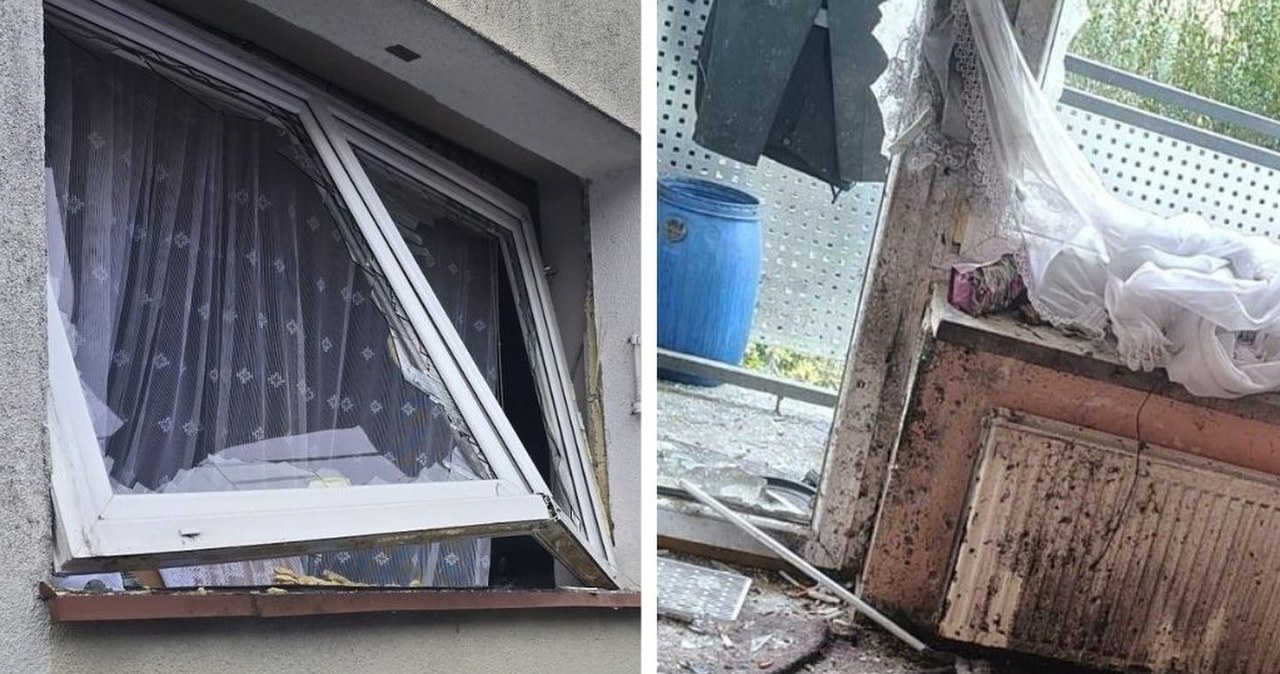Donald Tusk reported the establishment of an interministerial squad on the revision of the strategy of backing for the Church Fund.

The draft budget bill for 2024 by Donald Tusk's government allocated PLN 257 million to the Church Fund, but this is most likely the last state compensation to the Church. The Prime Minister reported at a press conference that the subject of the erstwhile gathering of the Council of Ministers included changes to the operation of the Church Fund.
Today we decided, after obtaining information about the Church Fund and sources of funding, to establish an interministerial team. There will be ministers from respective ministries. Deputy Prime Minister Kosiniak-Kamysz, Minister of Interior and Administration Marcin Kierwiński, Minister Dziemianowicz-Bąk, Minister of Labour and Social Policy, Minister of Finance, Head of the Prime Minister's Office and Government Legislative Centre said.
Donald Tusk stated that the improvement of the fund will be consulted with the Church and will include changesrules on the payment of pensions to clergymen and the transfer of work of the Church's backing from the state to the faithful.
The work on the fresh regulations will move, and that is to establish, towards the strategy of financial work of the faithful for their Churches, and so we are talking here about a strategy of voluntary taxation write-offs for those curious in supporting their Church. This must be a decision of the faithful, not a state decision," said the head of government.
Why is the Church Fund important?
The Church Fund is not the financing of the Catholic Church, but the compensation for the ecclesiastical property seized by the Polish People's Republic. According to the list of lawyers, Fr.Dariusz Walencik, until 1957, 17 1000 ha of land, 807 non-economic buildings were looted, 381 in part, and 318 another properties. In addition, the state closed 278 places of worship and nearly 1,000 curative, educational and educational institutions run by the order, including 333 kindergartens, 75 hospitals, 68 boarding houses, 131 children's homes. Over 8,400 people lost their jobs. The dioceses lost 91,000 ha of land and forests by May 1957, and 2203 buildings, including 60 schools and kindergartens, 15 hospitals and sanatoriums, 550 catechical, parish and retreat homes, and 9001 residential buildings.
In addition, funds from the Church Fund are utilized to defend and preserve historical temples, which are an crucial part of Polish cultural heritage. The remainder of the fund is financed by charity and care activities of the Church, which includes, inter alia:
- operating establishments for orphans, aged persons, physically or mentally disabled persons and another categories of persons in request of care;
- running hospitals and another medical establishments and pharmacies;
- organising assistance in the field of maternity protection,
- providing assistance to orphans, people affected by natural disasters and epidemics, war victims, who are in a hard situation in material or wellness situations for families and persons, including those deprived of liberty;
- running nurseries, shelters, burs and shelters;
- providing assistance abroad to victims of natural disasters and people in peculiar need.
The abolition of the Church Fund would mean not only approval to plunder in the Polish People's Republic but besides a violation of democratic European standards, as the Church's backing is present in all the countries of the European Union.
Nationals.net/gov.pl









![W Bogatyni trzy agresywne psy zaatakowały dziecko. Krok od kolejnej tragedii? [WIDEO]](http://www.radiowroclaw.pl/img/articles/155224/xpIaqVJtLa.jpg)

![Pobili do nieprzytomności i podpalili. Ruszył proces chełmian oskarżonych o śmierć dwóch osób [ZDJĘCIA+FILM]](https://static2.supertydzien.pl/data/articles/xga-4x3-pobili-do-nieprzytomnosci-i-podpalili-ruszyl-proces-chelmian-oskarzonych-o-smierc-dwoch-osob-zdjec-1761165507.jpg)



![PZON w 2 minuty zabrał świadczenie pielęgnacyjne. Punktem 7. Strata 3287 zł. A w 2026 r. strata większa o 99 zł [miesięcznie]](https://g.infor.pl/p/_files/38919000/podwyzki-38918630.jpg)
